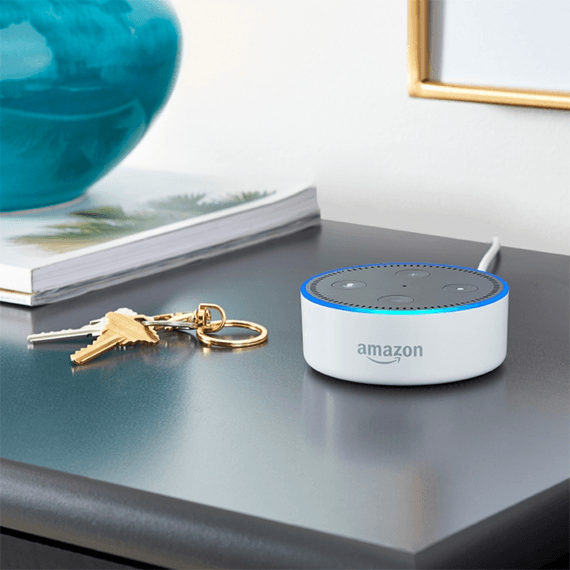Author: Armando Roggio / Source: Practical eCommerce
How should your business optimize for voice search? The answer may be that the search engine optimization community doesn’t really know yet.
In fact, perhaps the best thing your marketing department can do is focus on compelling content and let search engines figure out how to discover it.
Unfortunately, just waiting for Google or Bing to find your business is not a very satisfying answer.
Search engine optimizers are doers. They build well-structured pages to make content easy for search engine bots to crawl and capture. They research keywords to discover the language their target audience uses. They test and measure traffic, rankings, backlinks, and similar to continuously improve results.
So when optimization professionals see a massive shift in customer behavior, like the migration to voice search, there is a feeling that something must be done. The question, then, is what?
As of December 2017, there is not a lot of certainty around what structures or content would optimize a page for a voice search. It may be the case that voice search optimization is not a lot different than text search optimization.
The challenge then for businesses is discovering what we do know about voice search and reasoning toward possible optimization strategies.
It can be argued that marketers know with some certainty that the number of voice searches will eventually exceed text searches; that voice search is more conversational than text search; that a significant percentage of voice searches are local searches; and that voice search sometimes delivers results that are different than a text-based search engine results page.
More Voice Searches
Looking first at the trend toward voice search, there are, perhaps, two factors that could be driving the growth and popularity of voice-based internet searches.
First, there is the availability of voice-enabled, internet-connected devices.
Just about every mobile phone, tablet, modern laptop, or desktop computer, and an array of internet-of-things devices and smart speakers, like Google Home or Amazon Echo, are now voice-enabled and readily accessible. So it follows that as more devices capable of voice search become available, so too will the number of voice searches.

Second, there is the ease of…
Audience Team
The digital audience insights you need to build, manage and market to your digital audiences.

